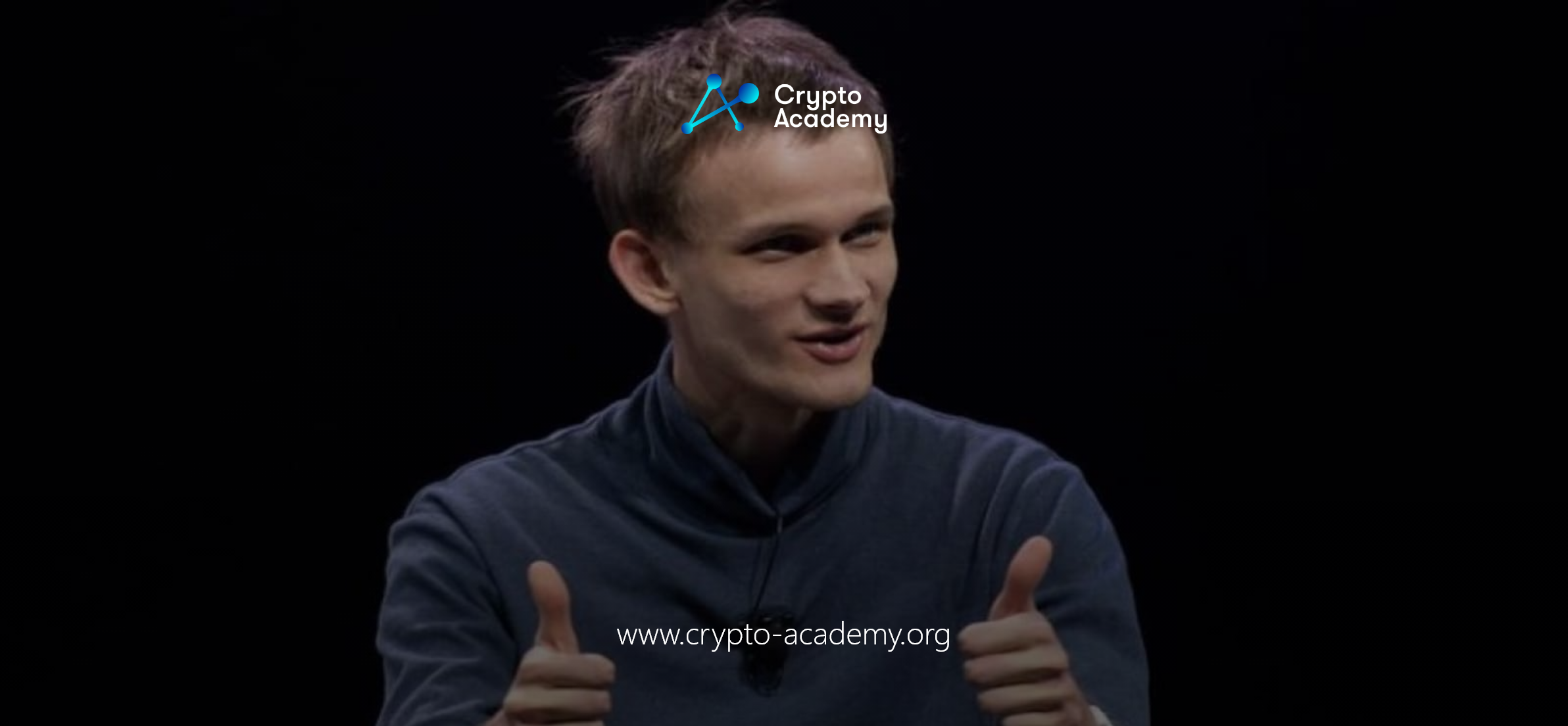Vitalik Buterin shared his insights at ETHTaipei 2024. The event, unfolding in Taipei from March 21 to 24, witnessed Buterin addressing the proof-of-stake (PoS) model’s centralization concerns. He threw his weight behind the concept of rainbow staking, a strategy by Barnabe Monneau of the Ethereum Foundation, aiming to engage a broader spectrum of service providers in the network’s staking mechanism.
Buterin’s proposal seeks to blur the lines between “operators” and “delegators” while introducing a novel classification system for service providers. This system categorizes them into “heavy” and “light” based on their responsibilities and potential earnings. Such a reclassification aims at optimizing the participation of various stakeholders in the Ethereum ecosystem.
Highlighting the issue of “lazy stakers,” who are Ethereum holders with the minimum required 32 ETH for validation but prefer pool and liquid staking services, Buterin suggests a pivot towards individual staking. This move could potentially diminish the centralization risk that looms over the network.
Tackling Centralization in Ethereum Staking
The spotlight also turned towards Lido Finance during Buterin’s speech. Despite advisories against its use, Lido Finance’s total value locked (TVL) stands at a staggering $34.3 billion, marking it as Ethereum’s largest validator. This situation underscores a significant concentration of assets, with Lido controlling over 30% of them. Alongside Lido, major cryptocurrency exchanges like Binance and Coinbase also offer liquid staking services, contributing to the centralization dilemma.
Buterin’s efforts to democratize Ethereum staking were evident in his October 2023 proposal, which aimed at diluting the dominance of liquid staking providers like Lido Finance. At the time, Lido’s liquid pool managed over 70% of staked Ethereum, despite the dispersion of assets among various validators. This initiative underscores a persistent effort to ensure a more equitable and decentralized Ethereum ecosystem, resonating with the core principles of blockchain technology.

